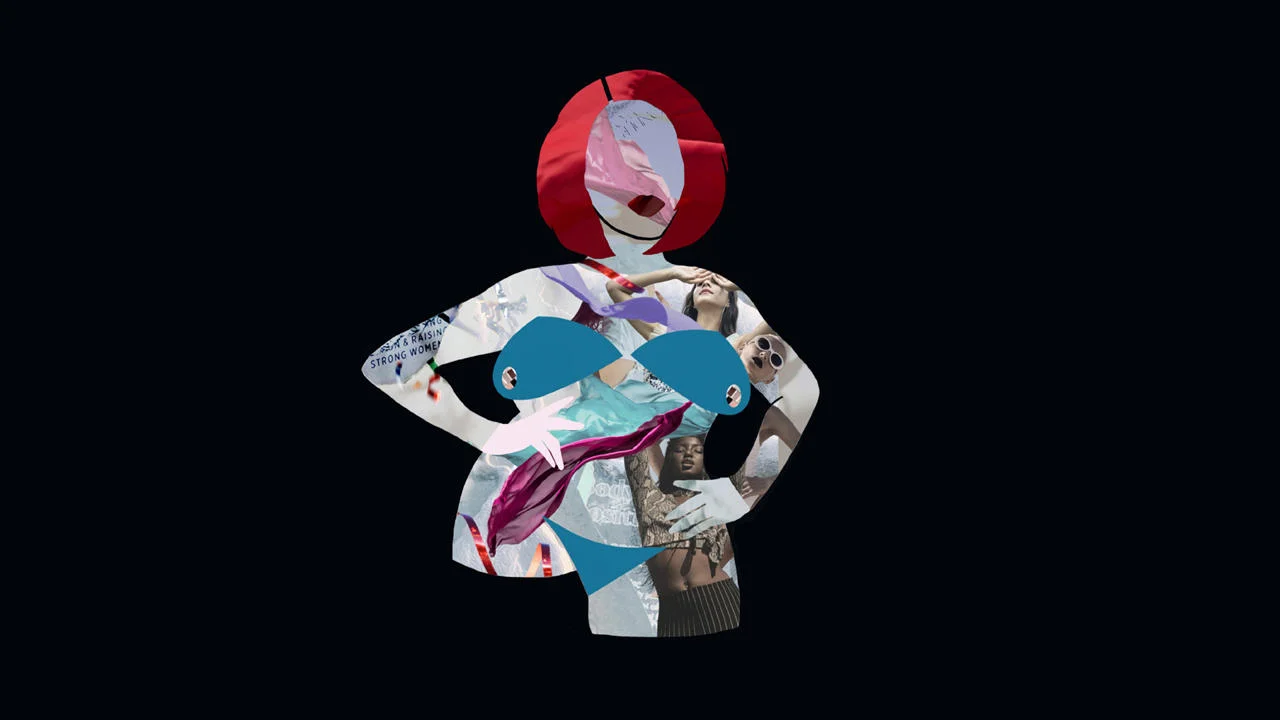What is “confidence culture” and how does it harm women?

Contents
From the ashes of the 2008 financial crisis - somewhere out of the haze of unprecedented austerity and a neoliberal shift towards individual responsibility - a new, gendered cultural phenomenon has gained traction: a directive has arisen that women should look for change within themselves, rather than in the structures or institutions around them.
This trend, according to Shani Orgad, Professor of Media and Communications at LSE, and Rosalind Gill, Professor of Cultural and Social Analysis at City, University of London, can be referred to as “confidence culture”, and it is the impacts of this pernicious culture that they focus on in their new book of the same name.
Central to confidence culture, they argue, is the idea that women’s problems are solely the consequence of their own shortcomings. Confidence culture ordains that women are held back by personal deficits and crucially, by a lack of confidence. As a result, they are encouraged to focus on fixing themselves, instead of fixing the world.
It's about changing the way we look, changing the way we communicate and changing the way we breathe, speak, write emails and carry ourselves.
“Women are led to believe that the issue isn’t that our workplaces fail to cultivate meaningful inclusion, or that our bodies are routinely subject to suffocating beauty standards, or the impossible expectations of motherhood or the omnipresent threat of assault – no, the issue is a lack of self-belief and self-regulation, and the solution is more,” explains Professor Orgad.
Confidence culture shifts focus away from structural inequalities
Professors Orgad and Gill argue that this dramatic expansion of self-oriented exhortations prevents women from pursuing collective action against structural inequalities. Rather than centring social and systemic issues in our response to injustice against women, the authors say, confidence culture compels us to direct our work internally in harmful and paradoxical ways.
“Our job is to ‘lean in’, to practice self-care and ‘embrace our imperfections’ – but to simultaneously seek to improve them, pursue unattainable models of womanhood, and to, ironically, ‘feel comfortable in our skin’ and ‘love ourselves as we are’,” says Professor Orgad.
This is all intense, strenuous and time-consuming work. Professor Orgad continues: “It's about changing the way we look, changing the way we communicate and changing the way we breathe, changing the way we speak, changing how we write emails and changing the way we carry ourselves. It's about breathing. It's about sleeping. It’s about internalising the vigilance society sets upon us. Self-regulation is the lifeblood of confidence culture.”
Confidence culture is powerful, it's seductive, it's appealing… Our society systematically undervalues women and minorities. So, of course, women lack confidence.
Why confidence culture is a boon for corporations
It comes as no surprise to Professor Orgad that this neoliberal iteration of feminism has been championed by corporations. Confidence culture mandates individual solutions to collective problems and flattens out important intersections of identity, and so self-help, self-love, and self-improvement messages in female-focused advertising campaigns have intensified as broader social inequalities have deepened.
This is neither a coincidence, or without consequence, says Professor Gill: “We often see confidence culture and woke-washing converge in corporate advertising. In campaigns which foreground body confidence and self-love, these often also purport to have more diverse representations. However, they do show people from underrepresented and marginalised groups, this is only to reframe their experiences in very post-racial, post-queer and post-feminist, de-politicised ways.”
Performance, one-size-fits-all advocacy and optical allyship are key features of confidence culture, as this particular brand of feminism is divorced from any substantial critique of capitalist structures. Rather, it provides a limited and formulaic toolkit for survival in a society that critically underserves women. However, this does not mean that the fruits of confidence culture have not been incredibly valuable, heartfelt, and life-changing for many women.
Professors Orgad and Gill are ambivalent in this respect: “Confidence culture is powerful, it's seductive, it's appealing, and as women, as researchers, and as human beings – we don't exist outside of it. Our society systematically undervalues women and minorities. So, of course, women lack confidence.
Much of the media produced within confidence culture is well intended, but that doesn’t negate its far-reaching social consequences.
“In this context, naturally, we welcome any tools to aid in the empowerment of women. However, we want to emphasise how deeply ambivalent we are about the way that it is framed as a solution. When we define inequality and injustice in deeply individualised and psychologised terms, it shifts the blame and the responsibility for inequality away from institutional and structural injustice, and on to women. Much of the media produced within confidence culture is well intended, but that doesn’t negate its far-reaching social consequences”.
Professor Orgad makes it clear, however, that the intention of the book is not to take women to task over their interest in confidence imperatives, programmes and products such as TED talks and self-help books. “Both Rosalind and I have been moved to tears by some of the materials we watched and read whilst researching this topic,” she emphasises. “We recognise we are active participants in confidence culture - we all are. However, as feminist scholars, we believe strongly that it deserves critical scrutiny. We are troubled by what confidence culture does ideologically and collectively”.
So how can these pressures be responded to? The book calls for "turning outwards", as opposed to inwards, when faced with experiences of marginalisation. Professor Orgad also underlines the importance of situating private experiences in relation to wider social and political forces, highlighting successful examples of local and global campaigns which centre care and recognition and solidarity – including Black Lives Matter and Creating Collective Access.
Professor Shani Orgad and Professor Rosalind Gill were speaking to Sophie Charlotte, Media Relations Officer at LSE.
Image by Asma Istwani.
Download a PDF version of this article





